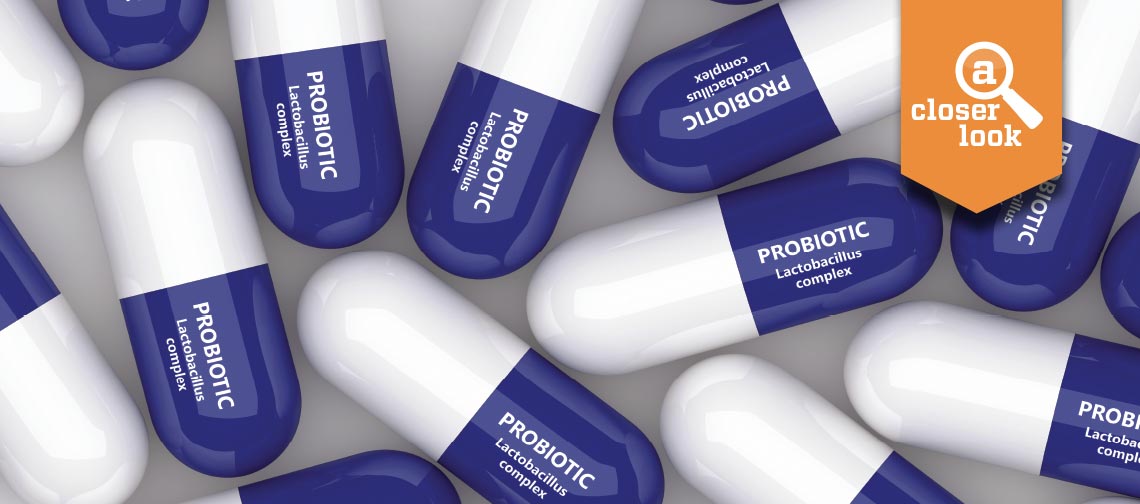Probiotics are live micro-organisms (bacteria) that provide many health benefits, especially for the digestive system. Probiotics are found in yogurts and other fermented products and are sold in liquid, powder, capsule, or tablet form.
How are probiotics made?
The micro-organism is isolated and tested for its health benefits, and is then allowed to grow by feeding the bacteria with nutrients. Typically, the main nutrients are sugars but bacteria is also fed with vitamins, minerals, proteins, and other additives. This process is known as fermentation. At the end of this process, the nutrients and water are removed from the bacteria, after which the bacteria is frozen. Often, before freezing, the bacteria is mixed with cryoprotectant (additives that protect the bacteria from damage caused by freezing). At this point, the probiotics require refrigeration/freezing.
Most companies utilize the freeze-drying process, during which the remaining water is evaporated from the frozen probiotic, resulting in a dried product which can be kept at room temperature.
The material is then milled into a powder and mixed with other strains so that the final product has multiple health benefits. The powder is mixed with additives and packaged as is, or filled into capsules. Alternatively, it can be mixed with water to make a liquid probiotic, or mixed with binders and pressed into tablets.
Are probiotics kosher?
In the manufacturing of non-kosher certified probiotics, dairy and non-kosher proteins can be used. Also, the vitamins, minerals and other additives can come from a non-kosher certified source. The capsules are commonly made from non-kosher gelatin which are the cheapest capsules on the market.
In order for a probiotic to be certified as kosher, the kosher certifying agency ensures that all components are kosher. Of course, kosher capsules must be used; these are usually made of cellulose.
While in the past, most probiotics were made with dairy proteins, over the last few years more and more probiotics are produced with non-dairy ingredients but some of these products are made on dairy equipment and, therefore, certified as DE. Probiotics cannot be assumed to be pareve unless certified as such.







